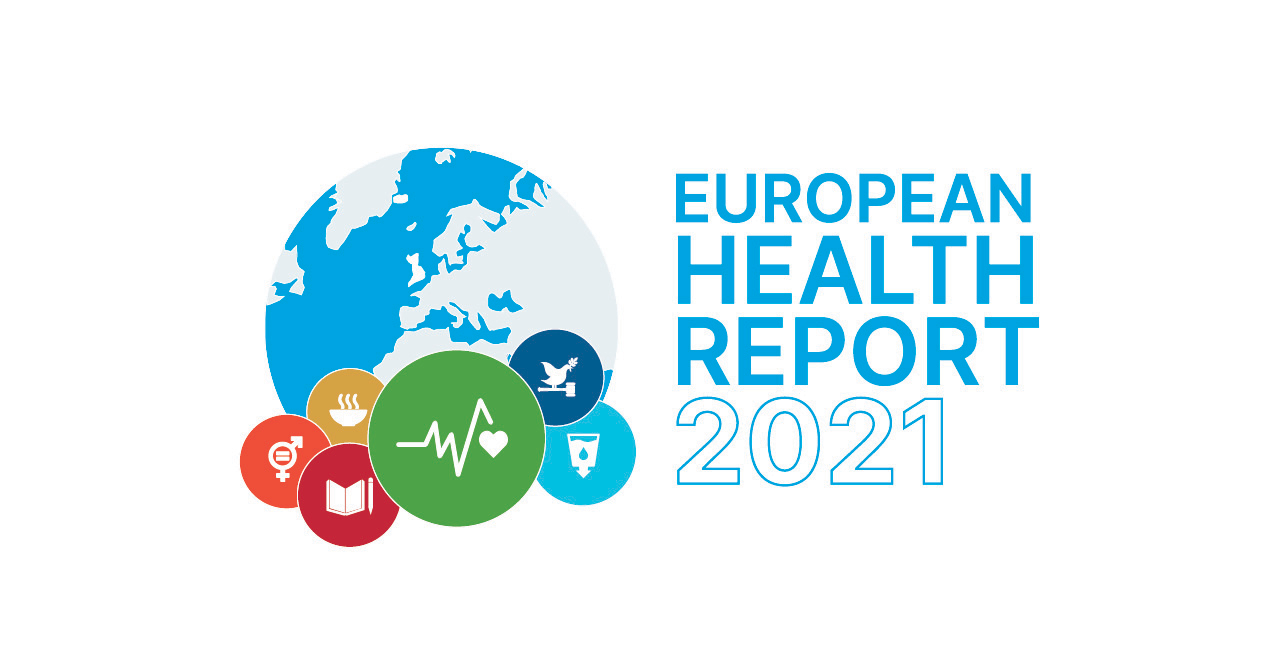A new report released today by the WHO Regional Office for Europe warns that 394 million people – nearly half of the population – in the European Region live with a health condition that requires rehabilitation care, but the majority of people are not getting the care they need. Rapidly ageing populations, a significant increase in the number of people living with chronic conditions and lack of awareness about the benefits of rehabilitation are among the main drivers of this unmet need across Europe and central Asia.
People’s quality of life can be limited by ageing, a health condition – including chronic conditions – or an injury or trauma. Rehabilitation can support these people as they go about their daily lives. The report shows that the majority of people requiring these services are not getting the care they need, leading to an estimated total of 49 million years of healthy lives lost because of a health condition requiring rehabilitation. Some of the key barriers to people’s access to rehabilitation include little awareness of what rehabilitation is, how it works and its benefits, as well as misconceptions about affordability.
Crucially, a serious shortage of rehabilitation professionals is stopping people in some parts of the European Region from getting the rehabilitation care they need. The report highlights that there are 12 times fewer physiotherapists, 141 times fewer occupational therapists and six times fewer prosthetics and orthotics professionals in middle-income countries than in higher-income ones.
In the Region as a whole, some of the most common conditions that drive the need for rehabilitation include low back pain, fractures, hearing and vision loss, as well as stroke and dementia. As these conditions affect people’s lives, including their ability to work, countries face millions of dollars in costs due to lack of economic productivity and rising poverty and joblessness.
“It’s staggering that nearly half of the Region’s population needs some form of rehabilitation,” said Dr Hans Henri P. Kluge, WHO Regional Director for Europe. “Rehabilitation is an essential health service that should be available to all who need it and at all levels of health care. If no action is taken, countries risk restricting people’s opportunities and limiting economic productivity because so many are simply unable to fully contribute to society.”
The primary focus of rehabilitation is to support someone with a health condition to improve and maintain their functioning. Difficulties in functioning occur because of impairments such as pain or muscle weakness and limitations in activities, such as self-care or walking.
Importantly, rehabilitation should be available in primary health care settings, where most cases of chronic diseases are managed, and in popular community settings, such as homes and schools.
“The integration of rehabilitation services into primary health care is important because many people who could benefit from rehabilitation services may never enter the hospital system and may require long-term rehabilitation that is close to their home and local community,” explained Dr Natasha Azzopardi Muscat, Director of Country Health Policies and Systems, WHO Regional Office for Europe. “However, in many countries in our Region, rehabilitation services are provided in secondary and tertiary level facilities that are situated in urban areas, leaving rural and remote areas underserved. In most health systems, rehabilitation has not been fully or effectively integrated into primary health care. This needs to change.”
There is progress, but much more is needed to make rehabilitation more widely available
Evidence shows that rehabilitation activities are cost-effective and help to achieve and maintain the best outcomes of other health interventions. Crucially, access to rehabilitation supports the realization of the right of all people to health.
Progress has been made in recent years to ensure rehabilitation is more readily available to people who need it. In some countries, it is now available in emergency settings and there are concrete actions to support people with long-term care.
In addition, long COVID has shone a spotlight on rehabilitation, as countries are now recognizing how serious the condition is and the key role that rehabilitation services can play in supporting people living with it.
Research shows that rehabilitation has the potential to avoid costly hospitalization and reduce the time spent in a hospital, decrease re-admissions and lower the risks of complications due to health problems. By improving physical, mental and social functions, and the ability to participate in everyday life, rehabilitation cuts the costs of ongoing care and supports individuals to participate in education and employment.
The WHO Regional Office for Europe is urging countries to:
- Prioritize rehabilitation and acknowledge it as an essential health service for millions of people, including during emergencies.
- Integrate rehabilitation at all levels of the health-care system – in primary health, community services, hospitals and specialist centres. Everyone should have access to the rehabilitation they need.
- Support the development of an adequate and well-trained multidisciplinary rehabilitation workforce, to deliver these services.
“Most of us will either require rehabilitation at some point in our lives or know someone very close to us who does,” concluded Dr Kluge. “Rehabilitation can have a life-transforming impact on individuals and their loved ones, reducing pain, optimizing independence, supporting mental well-being, empowering people and enabling participation in work or education, and thus helping people and communities to thrive.”
-------------
For more information including a copy of the report (with country fact sheets) kindly contact Ramy Srour srourr@who.int or eupress@who.int




